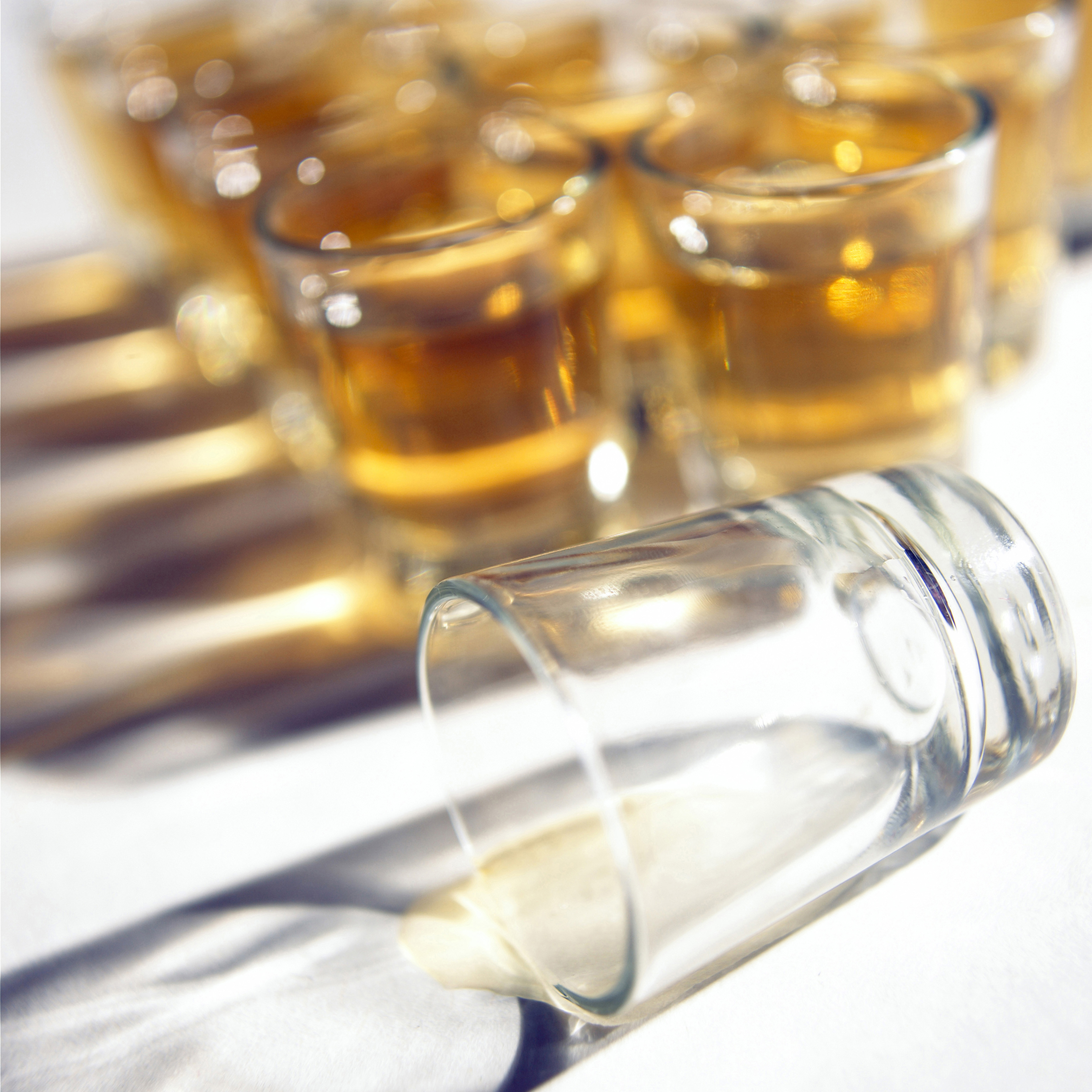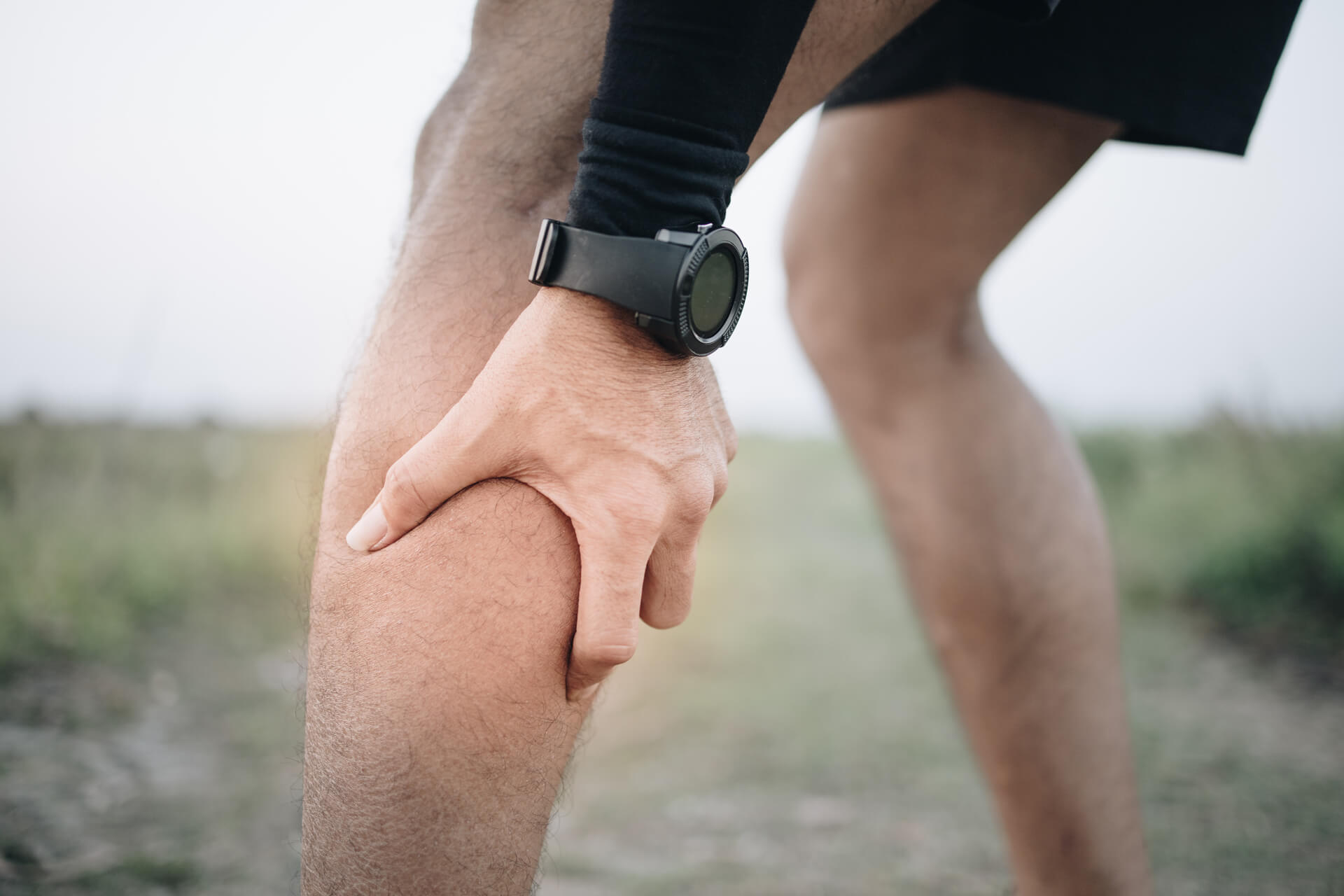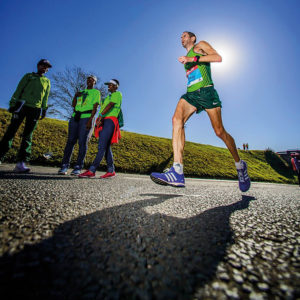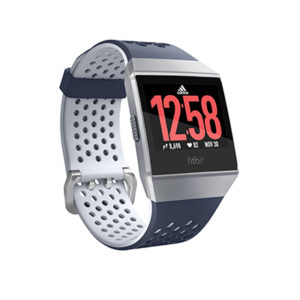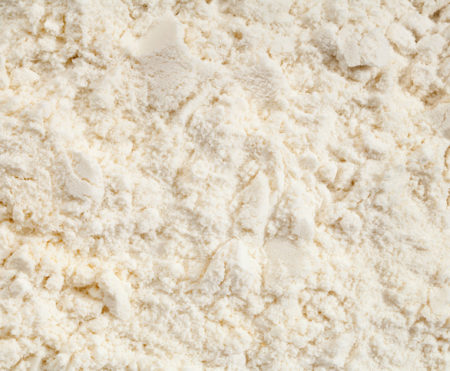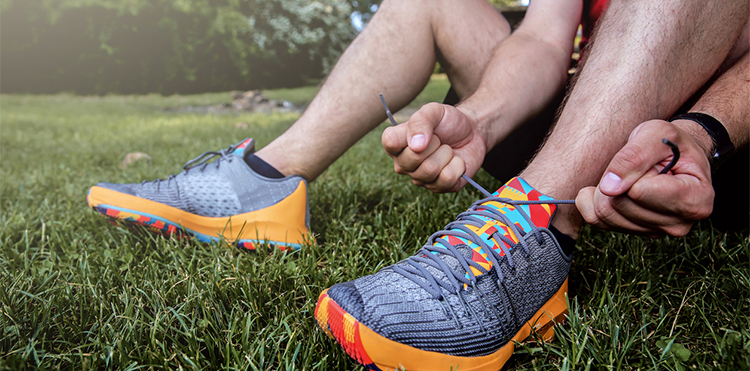Most of us like a drink. There are few better ways to celebrate the end of a long week or toast a special occasion than by raising a glass to your lips and supping. There is, however, just one problem: as a nation, us Brits seem to be supping and supping until we can sup no more.
Our drinking is out of control. Recent studies revealed that more than a quarter of men aged 16-24 and a fifth of men aged 25-44 drink heavily every week. A quarter of 11-15-year-olds regularly booze.
Alcohol abuse is linked to more than a million hospital admissions every year and deaths from liver disease are up by more than 20% in the past decade. The old gag about “having your beer goggles on” masks the fact that alcohol-fuelled sex offences have rocketed in recent years.
A tipple’s all very well, but we’re storing up a lot of trouble for later. Alcohol abuse costs the NHS £3.5 billion a year, according to The Centre For Social Justice, and that figure climbs every year. But it seems that we’re not going to see the long-term effects of alcohol until they hit us in the face. Even the facts are getting violent!
Sauce of all evil?
This is not an attempt to scare you. It’s merely an attempt to establish some sort of balance (which is tricky after 10 pints of Stella). Plenty of research has told us that alcohol, in certain amounts, can be good for you. It can protect against heart disease and cancer, help flush toxins out of your body, strengthen your bones and give you a rosier outlook on life. But too much of it is never a good thing if you want to put one foot in front of the other.
We’ve all done it, though – or most of us – and run with a hangover or even while the booze is still sloshing away inside us.
I hold my hands up to this. In the distant past, I thought nothing of enjoying a few glasses of red with Sunday lunch before going for a run later that afternoon. It felt good – alcohol gave me a confidence boost and I felt as if I was surging the whole time – until I got home feeling dizzy and unwell. Then, once, I was sick and I never did it again. Stupidity, yes, but not all humans are touched by genius.
“Above a certain level, alcohol impairs coordination and judgement, neither of which is going to help running performance,” says coach Andy Blow. “Even if you feel like you could run like Superman when chasing down a taxi late at night after a skinful, it’s more likely to be bravado than actual athletic prowess coming to the fore.”
In fact, athletic prowess will be compromised virtually as soon as the booze hits your system. “When you drink alcohol, about 20% is absorbed into the bloodstream through the stomach and the remainder through the small intestine,” says Anita Bean, sports nutritionist and author of Food For Fitness. “Most of the alcohol is broken down in the liver into a substance called acetyl-CoA and then, ultimately, into ATP [adenosine triphosphate, or energy]. While this is occurring, less glycogen and fat are used to produce ATP in other parts of the body.” This is crucial when it comes to running, because it is glycogen and fat that are used to fuel our efforts.
“The liver can carry out this job only at a fixed rate of around one unit of alcohol per hour,” she adds. “If you drink more than this, it’s dealt with by a different enzyme system in the liver to make it less toxic to the body. The more alcohol you drink on a regular basis, the more MEO enzymes are produced, which is why you can develop an increased tolerance to alcohol – you need to drink more to experience the same physiological effects.”
Then, of course, there is the hangover. “Too much alcohol causes headache, thirst, nausea, vomiting and heartburn,” says Bean. “These symptoms are due partly to dehydration and a swelling of the blood vessels in the head.”
One for the road
Running after a night out is all a matter of judgement (that thing that alcohol compromises, remember). What you do depends on how much you’ve had and how it’s made you feel.
“Sometimes a bit of light exercise can help clear your head and may provide a psychological benefit in making you feel like you’re making amends for the night before,” say Blow. “Exercising hard or for a long time with a hangover isn’t a great idea, though. You’ll be predisposed to becoming dehydrated, especially in warm conditions, and may put additional stress on your heart, so you should keep it short and light if you’re doing anything at all.”
Alcohol can increase your heart rate and, in the long term, increase anxiety and the risk of depression. Heavy drinkers are at risk of high blood pressure, which can lead to heart disease and strokes. In extreme cases, binge drinking can cause irregular heartbeat, palpitations and even sudden death.
Yet even Blow has firsthand experience of running too soon after a big night out. “When I was a lot younger and in hard training I did get very, very dehydrated going on a scheduled long run after an unscheduled night on the town,” he admits. “I wasn’t prepared to miss the run, which was with a training partner who hadn’t gone out, so I just tried to tough it out and ended up incredibly dehydrated. I had to take two days off training to recover, so it was a bad idea. I should have just missed the run and accepted it was the compromise I had to settle for if I wanted the night out.”
Festive cheers
During the Christmas party season, even the best-laid plans can end up slumped on the pavement in fancy dress. So if you’re going to drink, it’s worth thinking about what you drink as well as how much.
“Congeners, substances found mainly in darker alcoholic drinks such as rum and red wine, are also responsible for many of the hangover symptoms,” says Bean, which suggests you may be better off sticking to clearer, ‘purer’ alcoholic drinks that contain fewer chemicals.
And remember that beer will pile on the pounds – an average pint of lager contains 167 calories, a pint of bitter around 184. Worse, they are empty calories that simply hang around your abdomen until you burn them off (and running to the kebab shop doesn’t count).
“All of the usual advice of making sure you’re not drinking on an empty stomach, taking in some electrolyte or sports drinks towards the end of the night and not mixing your alcoholic drinks can help,” says Blow. “However, all these things are doing is seeking to minimise the disruption to your homeostasis that consuming lots of alcohol can produce. Ultimately, just drinking more moderately is always the best idea.”
So a little alcohol can be part of the runner’s diet, but it’s best saved for when you’ve finished a race, rather than when you’re about to head out on a 10-mile training run after a late night and four hours’ sleep.
We’re not here to scare you and we’re not here to preach to you, either. You probably know what’s best for you and you know your body well enough to decide when to run and when to rest. Just make sure those beer goggles are safely put away when you look at your running shoes the morning after the office Christmas party, OK?

